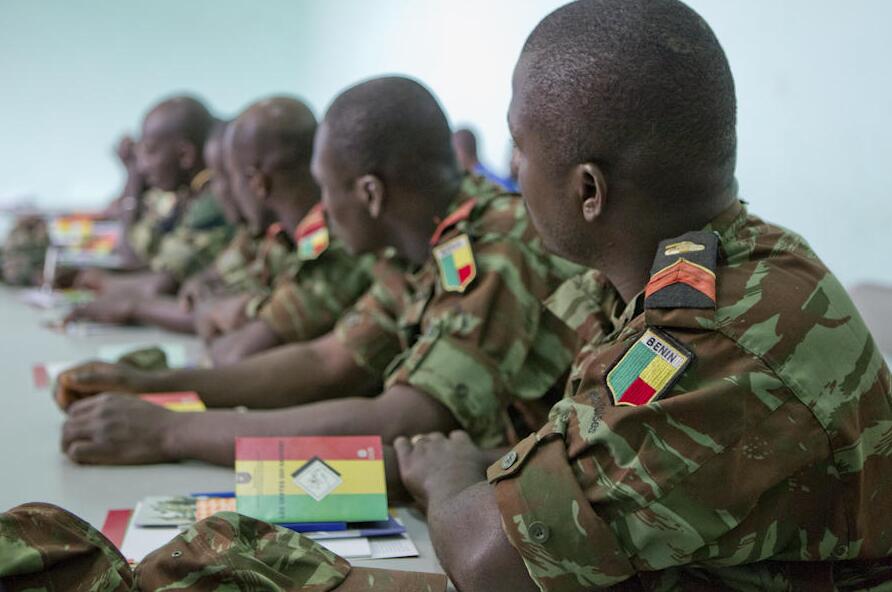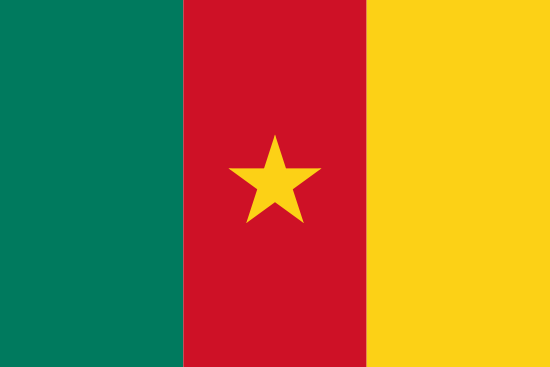Nigeria Petroleum and Gas
Petroleum and gas sector
The largest economic sector in Nigeria is the oil and gas industry. The oil was discovered in the Niger Delta in 1958 and has been the country’s most important export good since the 1970’s. Nigeria is the eleventh largest oil producer in the world and the largest oil producer in Africa. Over 60% of the total federal income and 95% of the export revenues are generated from the oil business.
For Nigeria, oil is both a blessing and a curse. According to estatelearning, the Nigerian economy is one-sidedly dependent on oil, the urgently needed diversification is not being tackled. In addition, many millions of US dollars disappear from the revenues of the oil business every year in the accounts of corrupt politicians and elites, while a large part of the population still lives in poverty.
Oil production and the role of the NNPC
Until the end of 2019, the daily output was around 2 million barrels per day. In early 2020, production declined due to the effects of the coronavirus (COVID-19) and the associated drop in the price of oil. The oil is produced in joint ventures by the Nigeria National Petroleum Corporation (NNPC). The state-owned company NNPC was founded in 1977 with the aim of regulating the country’s petroleum business. In joint ventures with international oil companies like Shell, ExxonMobil, Total, Chevron / Texaco, Elf and Agip, the NNPC promotes oil in the Niger Delta. Around 90% of oil production is carried out by these international companies. Shell is the largest international player in the Niger Delta and produces around 40% of Nigerian oil production. The role of the NNPC is controversial as it acts as a regulator and as a large commercial company. For years, the NNPC has been accused of massive corruption because millions of US dollars disappear from oil production every year and do not benefit the states as intended.
Distribution of the proceeds from oil production
The distribution of the proceeds from oil production was clearly defined in the 1999 constitution. Accordingly, the proceeds from the oil business will initially flow to the federal government in Abuja. It then distributes these to the 36 states, depending on the respective population of the states. The oil states in the Niger Delta (Akwa Ibom, Bayelsa, Delta, Edo, Rivers, Cross-River, Imo, Abia, Anambra, Ondo) receive a bonus of at least 13% in advance according to the constitution (derivation principle).
Even if the constitution clearly regulates the distribution of the proceeds from oil production, the oil states in particular are dissatisfied with the regulation and regularly criticize the fact that they receive too little proceeds even though the oil is being extracted from their areas.
Petroleum refineries and pipelines
For the transport of crude oil, a kilometer-wide pipeline network stretches from the production areas in the Niger Delta to the four refineries in the country: Port Harcourt I and II (in the south-east), Warri (in the south-west) and Kaduna (in the north) inland. The four refineries have a capacity of 445,000 barrels per day. Since the refining capacity is very small and barely sufficient to meet local demand, the country is heavily dependent on imports of refined fuels. This means that Nigeria has to import a large part of the gasoline for its own use!
To remedy this problem, an agreement was signed between the Nigerian Aliko Dangote, the richest man in Africa, and the Nigerian government to build another refinery worth fifteen billion US dollars. The country’s heavy reliance on imports of gasoline and diesel will be significantly reduced when the refinery is completed in 2021. Supports the construction of the World Bank.
Natural gas
In addition to oil, Nigeria also has the ninth largest natural gas reserves in the world. Nigerian natural gas is of central importance for the African and international market.
A West Africa pipeline from Nigeria to Benin, Togo and Ghana was completed in 2007 and has been supplying Benin, Togo and Ghana with Nigerian natural gas ever since.
To supply the European market, an agreement was reached in 2009 with the Russian Gazprom Group to build a Trans-Sahara pipeline via Niger and Algeria to Europe. However, this has not yet been implemented because Gazprom believes that the Sahel zone is currently too unsafe.
At the end of 2016, King Mohammed VI of Morocco and the incumbent President Muhammadu Buhari agreed to jointly build an additional pipeline through West Africa.
More natural resources
In addition to the oil and natural gas reserves, Nigeria has extensive natural resources (e.g. tin, iron, lead and zinc ore, coal, lime, rocks and phosphate), which are of little economic importance.



